St Joseph’s GNS received the Green Flag for Global Citizenship – Litter & Waste in 2015. The school is located in Clonakilty, Co. Cork and comprises of 221 students and 10 members of staff.
Step 1: Green-Schools Committee
A mixture of students from third to sixth class is represented on the committee. They are voted in each year by their respective classes and meet on a monthly basis.
Step 2: Environmental Review
Initially the school carried out litter and waste audits, global awareness surveys and researched different nationalities in the school. They investigated what aid items the school supports, electronic waste and where our waste ends up. They further investigated Ethical Consumption and Production, Trade and Fair Trade, Social Justice and Inequality. They established that 32% of students had strong ties with countries spread across Europe, Africa, Asia and America.
Step 3: Action Plan
Along with the extensive audits mentioned above, some of the school’s most successful actions included:
- Litter patrols and Tidy Towns participation.
- Irish Aid Project: Fair trade products can make a better future for all the world’s children.
- Took part in Fair Trade Fortnight
- Art competitions, selection of YouTube clips promoting Fair Trade
- Red Day supporting cork ladies footballers-how, as global citizens, women often have an inferior role in sport.
- Gran Power; encouraging senior citizens to actively participate in maths activities
- Organised a Soup party; ingredients were from the school’s vegetable garden
- Various fundraising for the Rapunzel Foundation, Trocaire, the Irish Red Cross Philippines Typhoon Appeal, Cash for Clobber clothes collection and St. Vincent de Paul food appeal
- Construction projects making robots from recycled material
- Walking bus and re launch of junior wardens promoting road safety
Step 4: Monitoring and Evaluation
The committee monitors and evaluates the programme through ongoing survey analysis. It was initially found that senior classes had a poor understanding of Fair Trade products, community cleanups, food origins and the lifestyle of people in poorer parts of the world. Fifth and sixth class were more knowledgeable but had difficulties in making comparisons with children in disadvantaged parts of the world. Over the two years, they made every effort to improve this understanding through competitions, Fair Trade events, Community Cleanups (beach cleanups of Inchydoney, National Spring clean events, helping Tidy Towns keep Clonakilty streets clean during the summer holidays) and researching other countries. The same classes were surveyed the following year and showed awareness levels has increased by over 75%!
Step 5: Curriculum Work
- Aer: Reuse: yoghurt cartons for paint/glue; old spoons for PVA glue; old oil cloths to cover tables during art lessons; old buttons, making kites from old cardboard, 3D works from recycled paper and cardboard
- SPHE: Evaluation of students lunchboxes and food origins, spare paper box set up.
- History: Explorers: Tom Crean, Christopher Columbus A Christmas story from Mexico. Transport through the ages Studies on Neil Armstrong, Leonardo da Vinci, Nelson Mandela; how other countries helped us during the famine
- Science: In the garden, our world…caring for our locality, Jungle animals
- Geography: Blue Flag programme…citizens of Ireland and the wider community Fossil fuels Caring for our environment, farming in India, the banana story, investigations where people live, lessons from Spanish students visiting the school
- English: The long march…native American Indians, Emigration, the Silk Road…trade routes of long ago
Step 6: Informing and Involving
The school informed the school community using various mediums. For example:
- Cash for clobber action day raised awareness of textile recycling
- Organised an international day; 70 pupils out of a total of 221 claimed strong ties with other countries – the day was used as an opportunity to promote these countries of origin.
- Each country had its own table in the school hall. As well as items and artifacts, there was food tasting, singing and dancing.
- The School is kept up to date via the Green-Schools notice board, a “Green Page” section in the monthly newsletter sent to all homes.
- Each committee member feeds information from each meeting back to their own respective classes. News items were regularly sent to the Southern Star and West Cork People
Step 7: Green Code
Things we consider rubbish and trash
Can now be changed into clothing and cash.
They are then sent to countries in need
And this is considered a very good deed.
